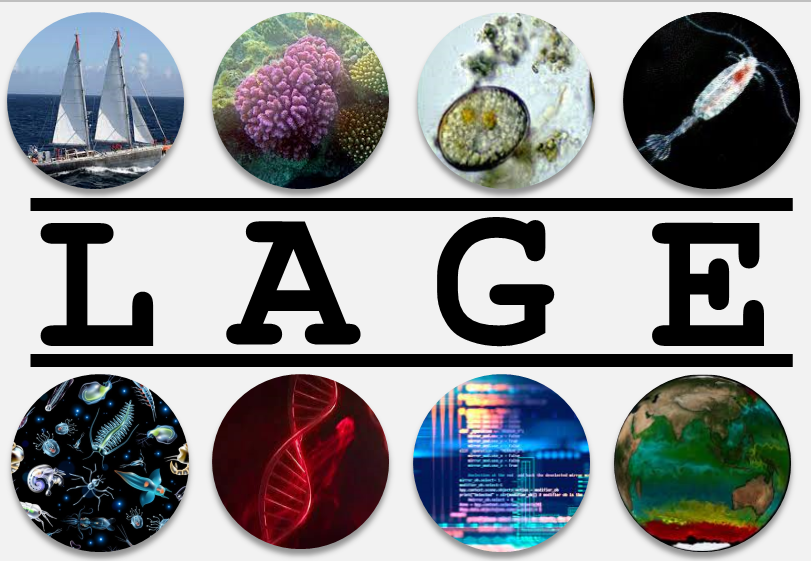
The decline of biodiversity on a global scale is the major challenge of the 21st century in the context of climate change. To assess this crisis, it is important to have data that describe trends over time. Coral reefs are the most diverse ecosystem on the planet. Due to the high diversity of species, it is difficult to conduct a complete inventory of coral reefs using traditional methods. The approach based on environmental DNA analysis (eDNA), although with some limitations, represents the future for biodiversity monitoring. This detection method has the advantage of allowing the census of small, rare species, or whose behavior is discrete.
This thesis deals with the implementation of a complete protocol (from sampling to bioinformatics analysis) standardized and adapted to the existing monitoring on the island of Moorea in French Polynesia. The use of a Nanopore sequencer is particularly adapted to in situ analyses.
Firstly, the method will be developed focusing on fish, as PCR primers targeting this taxonomic group are known. Once the method is established, it can be extended to corals.
Co-direction by Serge Planes (CRIOBE) and Patrick Wincker, laboratory supervision by Julie Poulain
